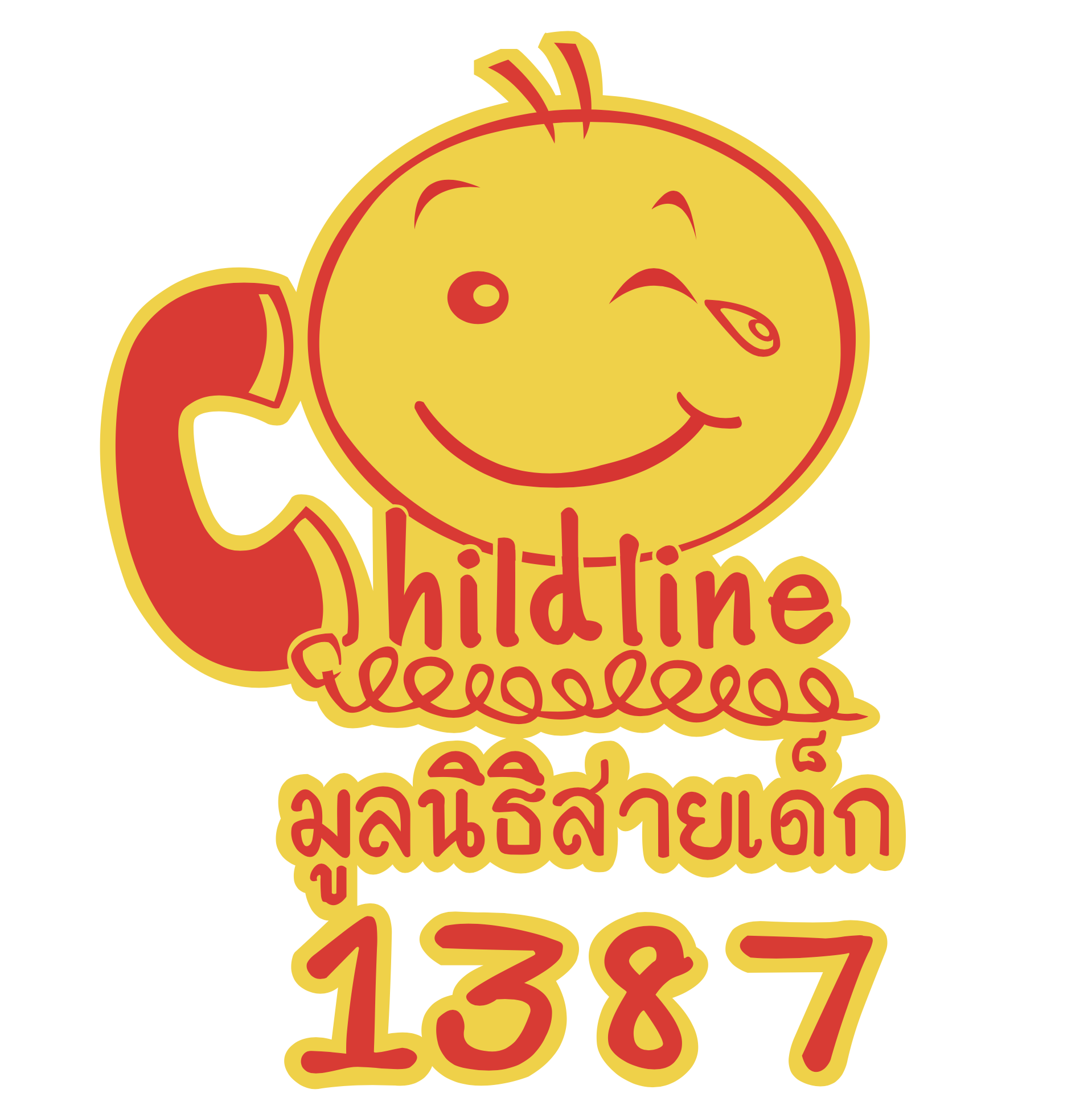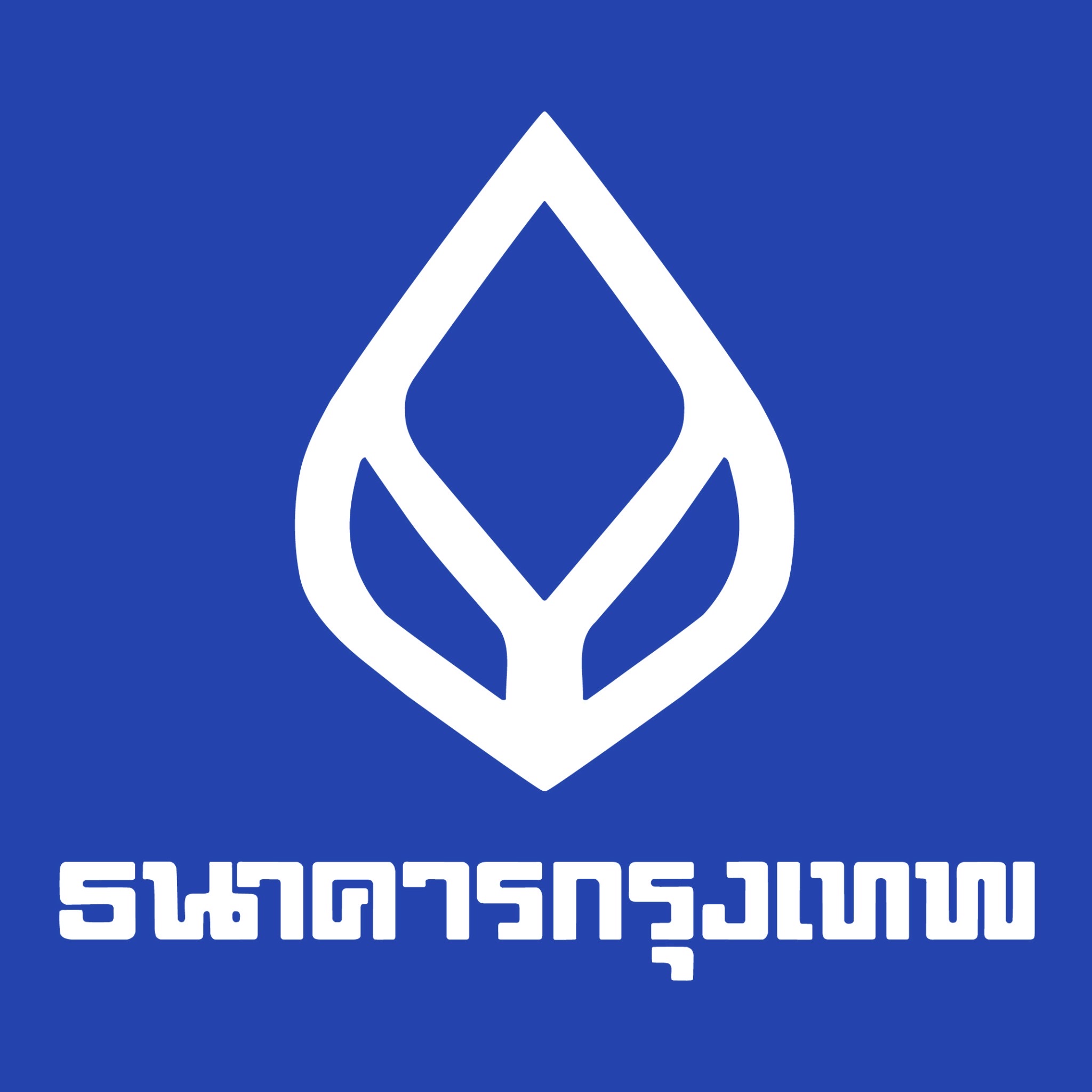On the 13th May 2020 Thailand recorded no new COVID-19 cases, somewhat of a miracle considering our proximity to the outbreak source and the numbers of travellers entering Bangkok in the midst of the pandemic. It may be contained, for now, but these are still troubling times and two months of business and school closures have dealt a blow to some of Thailand’s poorest families. Of the 27 million people that registered for the government handout of 5000THB ($156) 16 million were approved but many of those confirmed are yet to receive the money. For those living on the poverty line, the sudden decline of tourism, closing down of commerce, services, bars and restaurants has had a dire financial effect.
Economic hardship can lead to strains on family relationships and children are all too often affected by parents suffering from frustration, desperation and depression. Childline Thailand’s Call Centre recently gave counselling to a teenager via social media; the youths family’s small business was losing money due to COVID-19 restrictions and they were feeling helpless. During the conversation it was revealed that financial pressure was causing suffering to their parents:
“Last night my father said that we should kill ourselves. We have received no support and the bank is calling everyday. We’ve had to sell all the possession in our house, we’re at the bottom of the sea- there’s nothing left”
A recent study by Chiang Mai University’s Humanities Faculty attributed as many as 38 suicides in Thailand to Coronavirus. This week a man in Pattaya climbed onto power lines and threatened to jump (Bangkok Post, 12th May), on 28th April a 59 year old woman drank a bottle of rat poison outside the Ministry of Finance and two university students died after jumping off a Bangkok bridge in a ‘Covid 19 related pact’ (Thethaiger 6th April).
Childline Thailand has seen an increase in calls during the last three months, from an average of 614 calls and chat sessions per month in 2019 to a record high of 2235 in April 2020. Calls and messages related to mental health now count for 26% of all requests for help. In a recent survey by UNICEF it was discovered that “Eight in 10 young people surveyed have said they are deeply worried about their family’s income and financial status.” This is a disturbing trend and one that is likely to continue in the coming months as the aftermath of COVID-19 is felt. We must prioritize the mental health of our children and make vital support services like Childline available for those who are ‘calling for help’.
For further information please contact [email protected]













